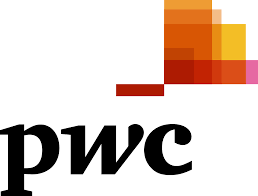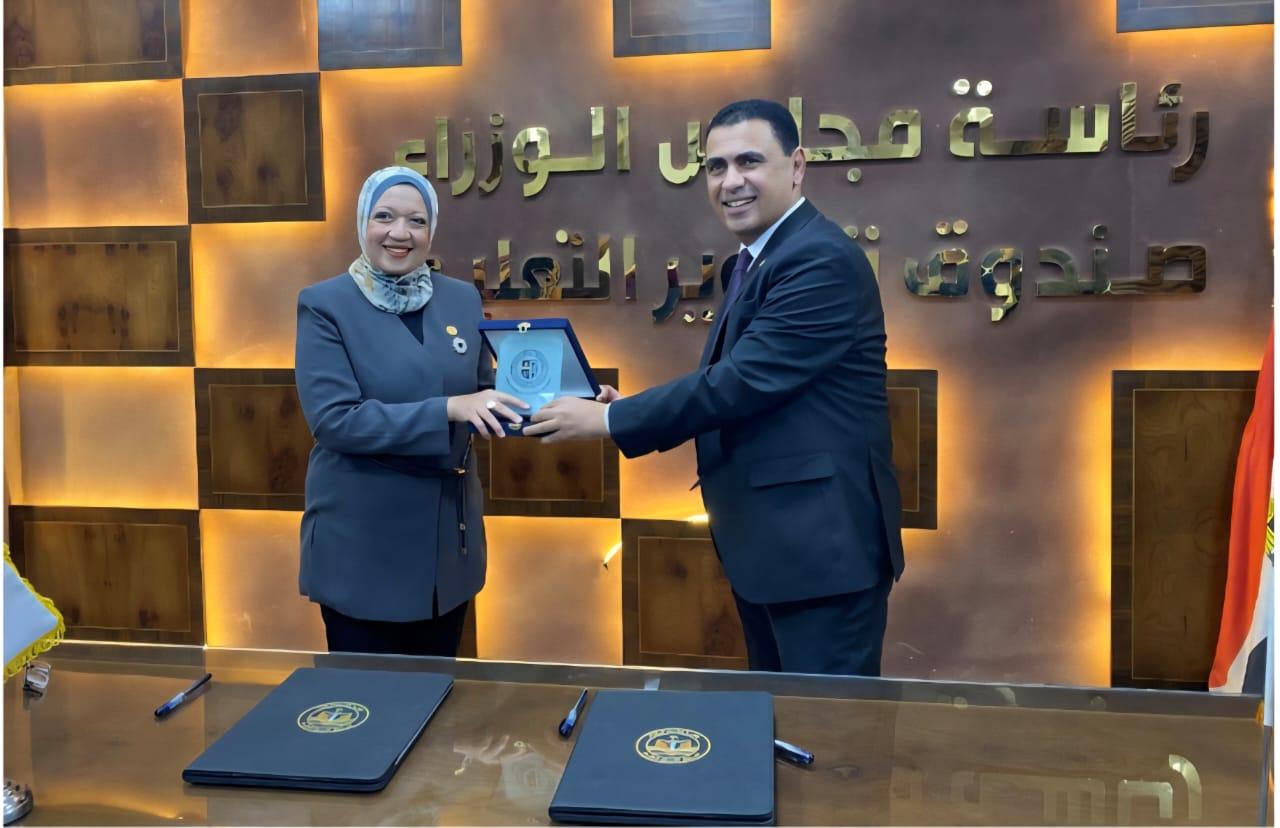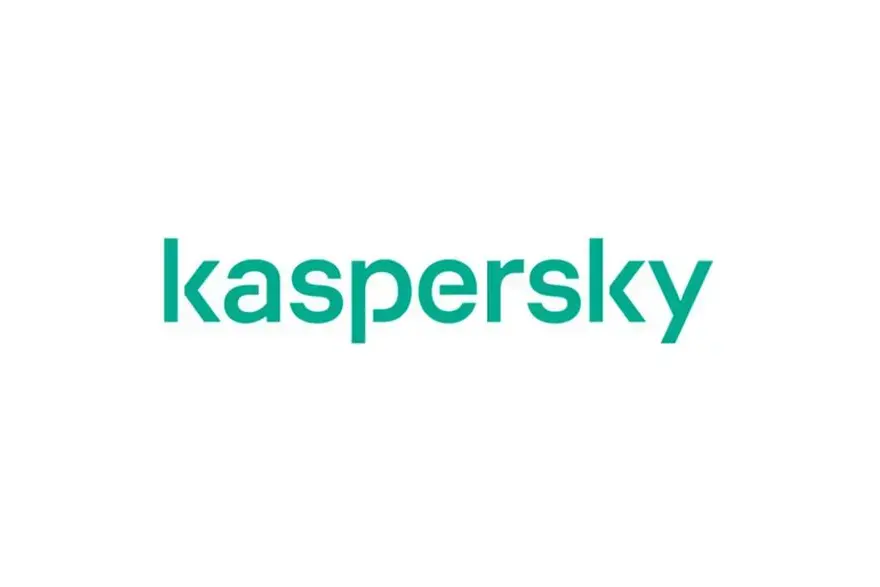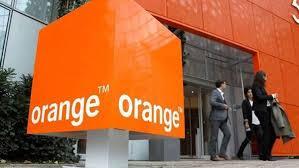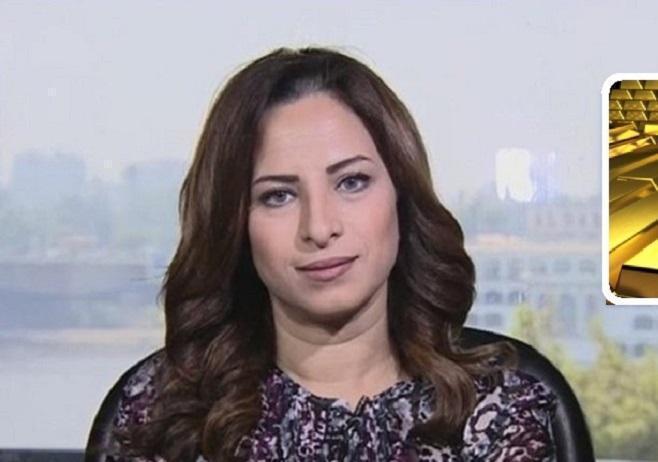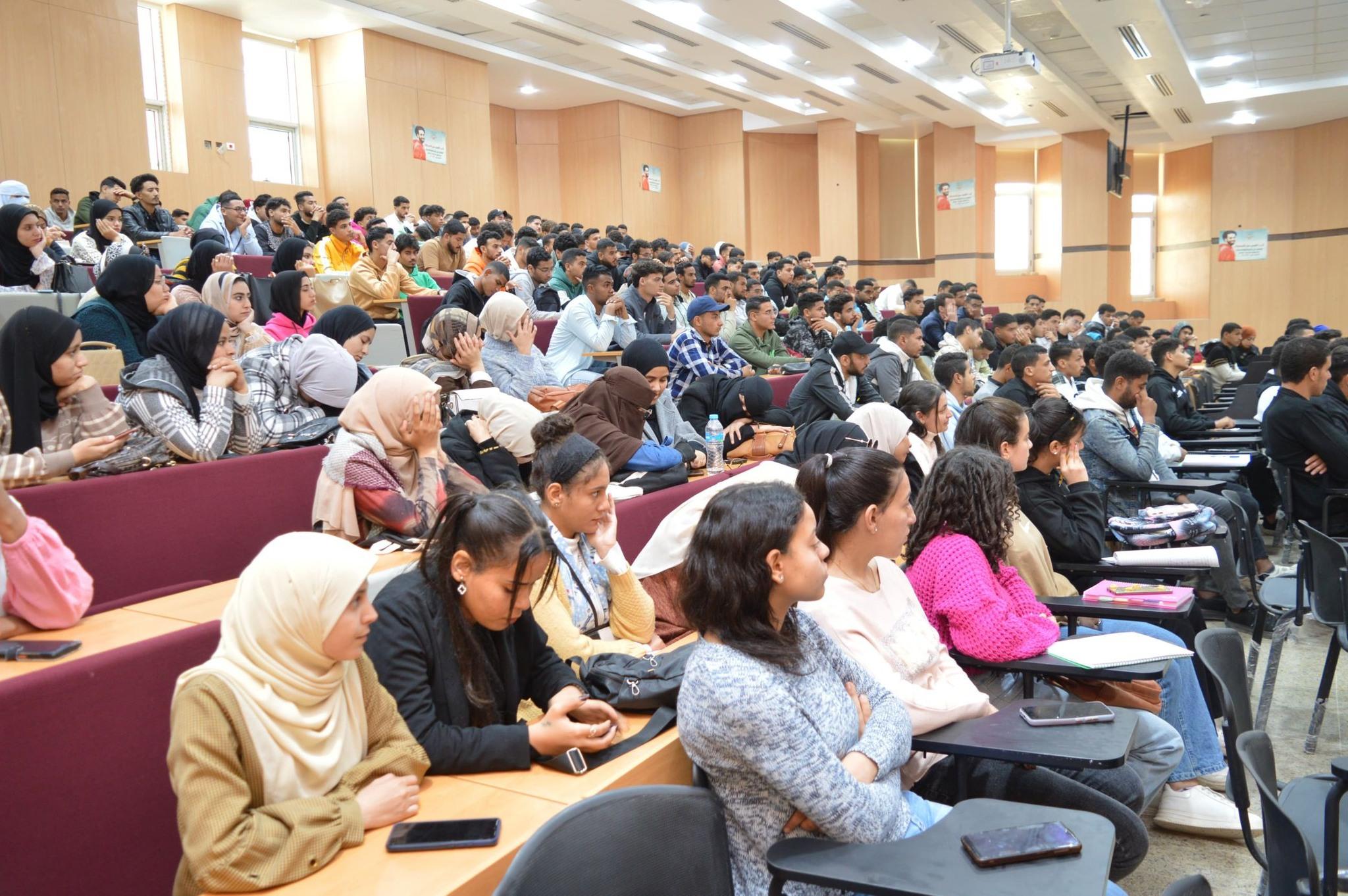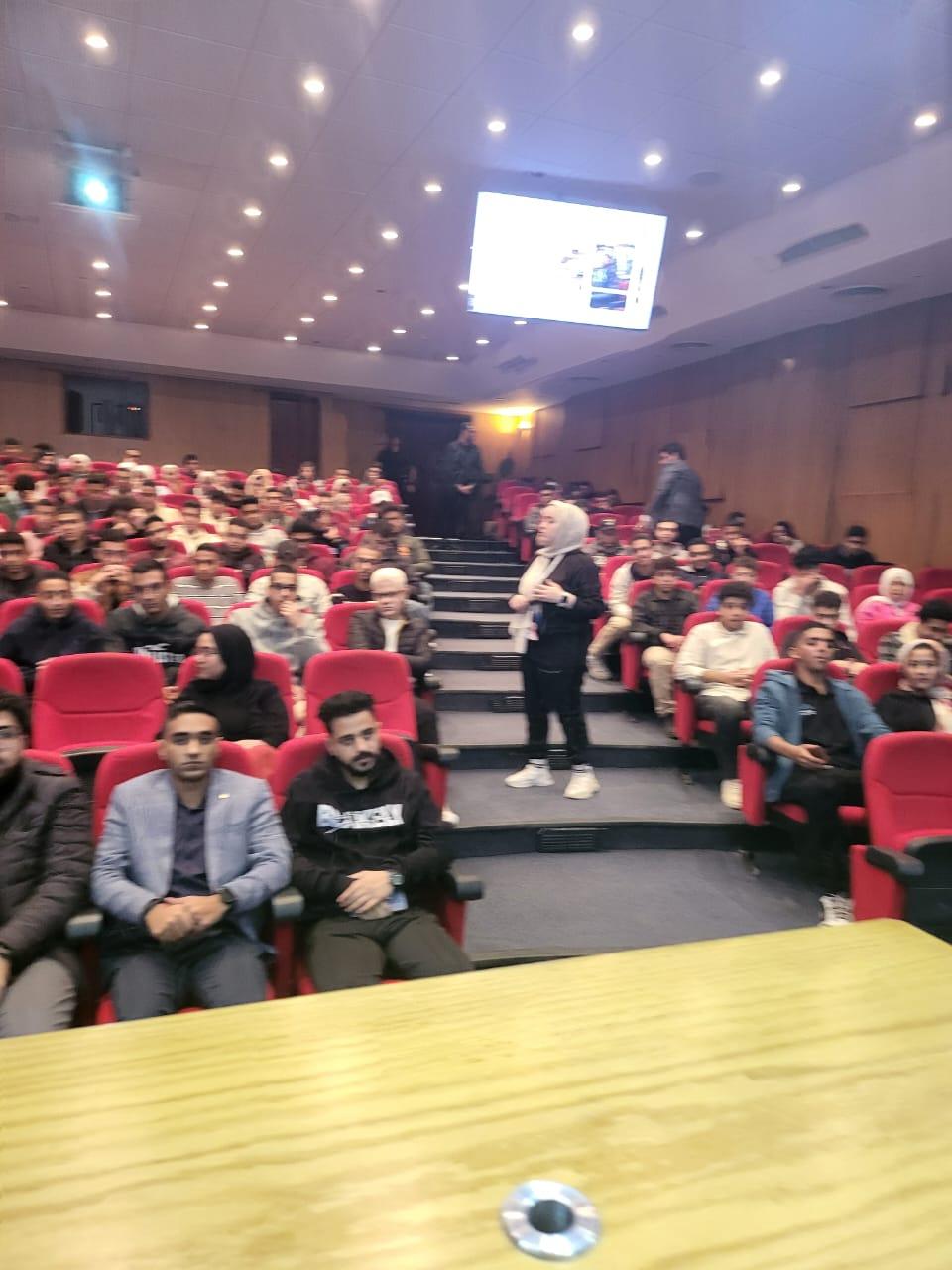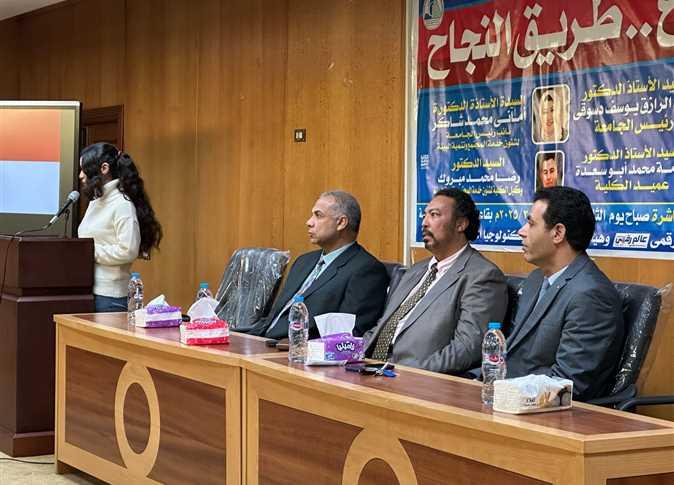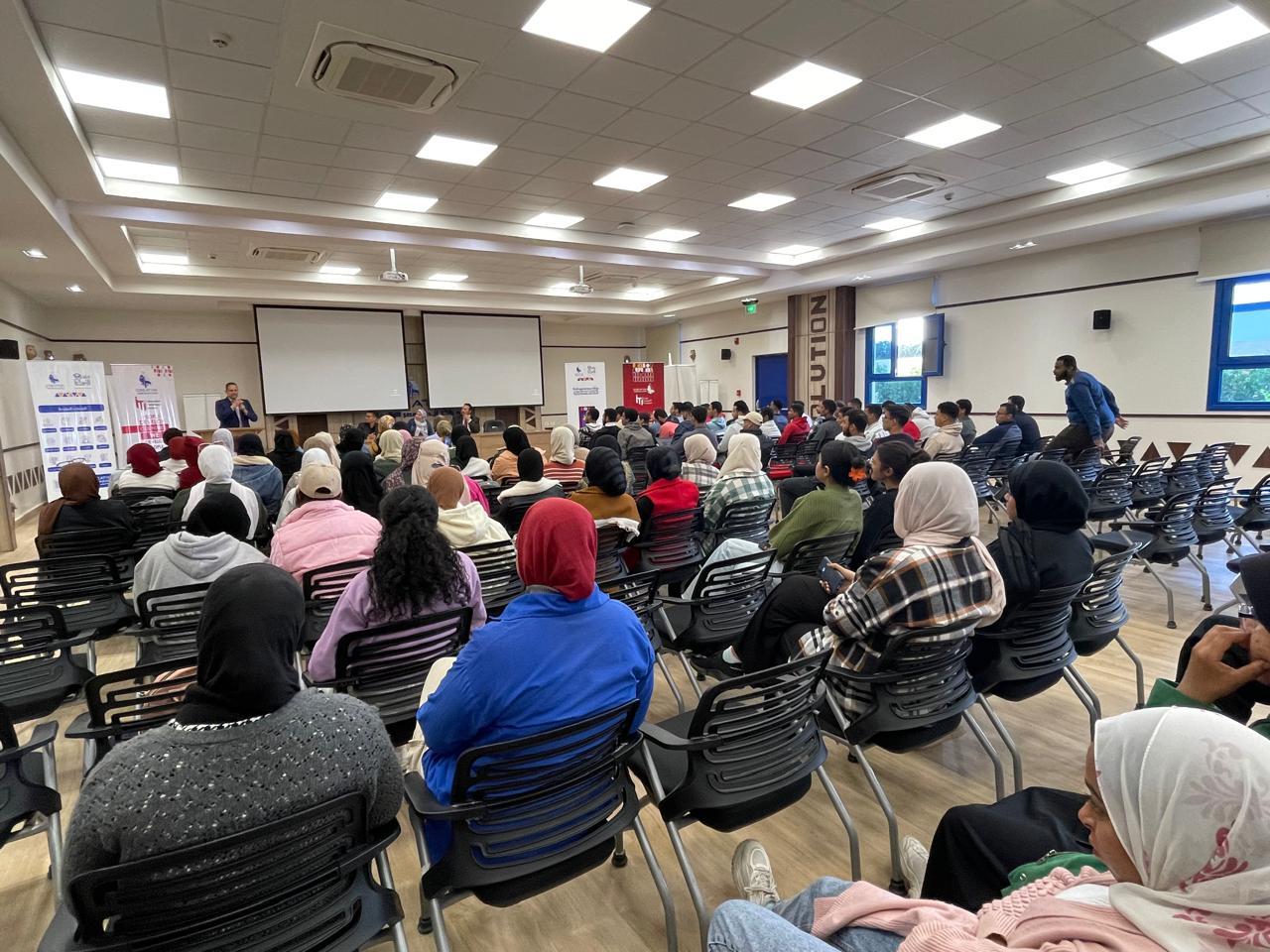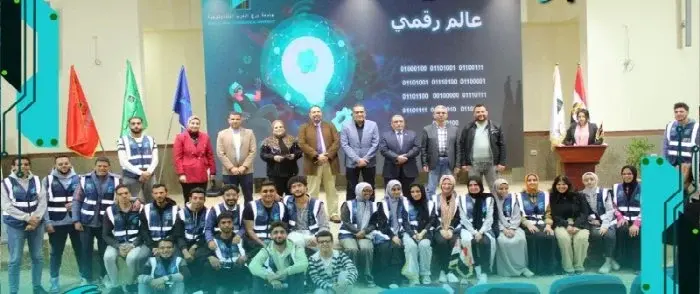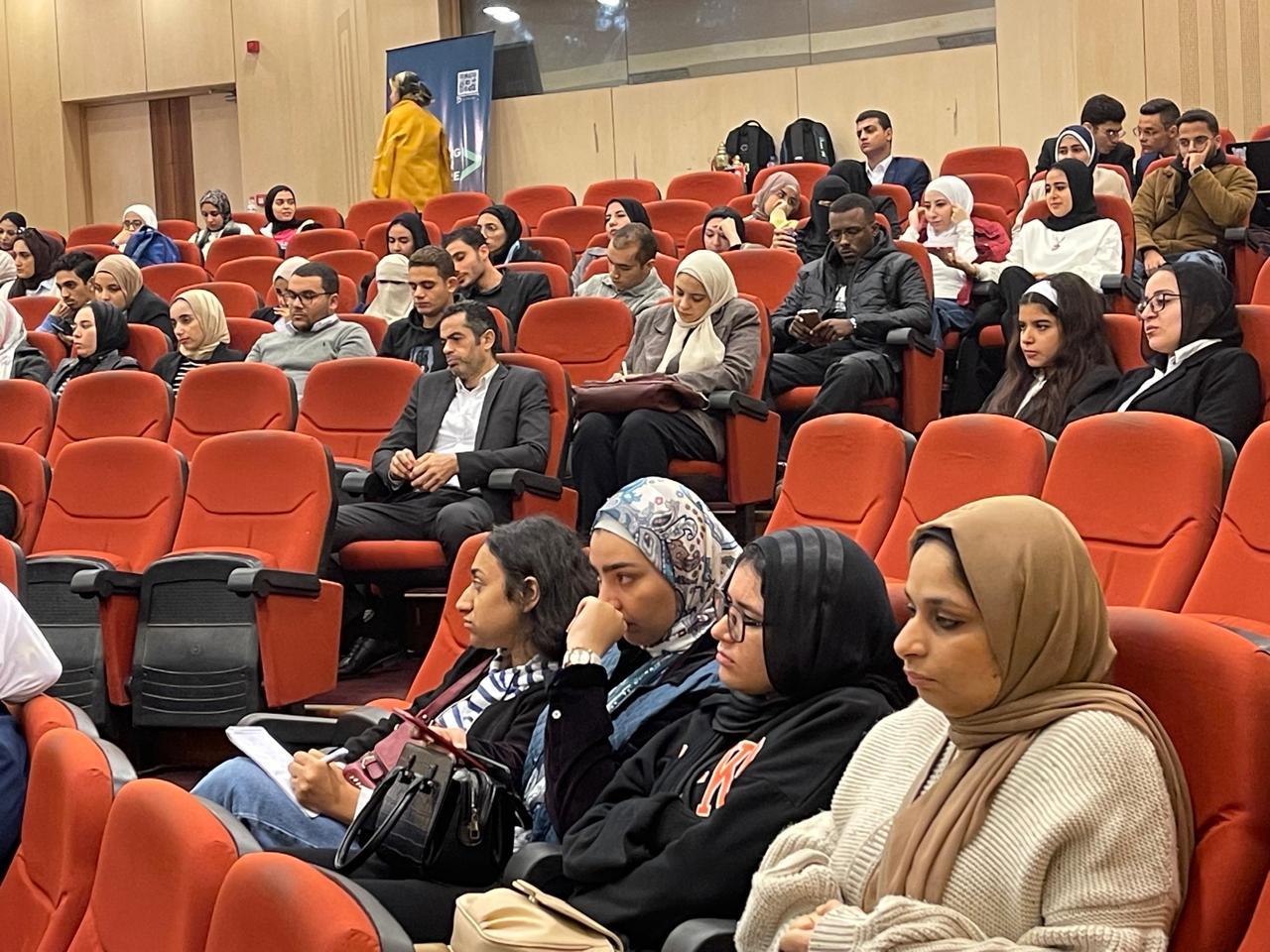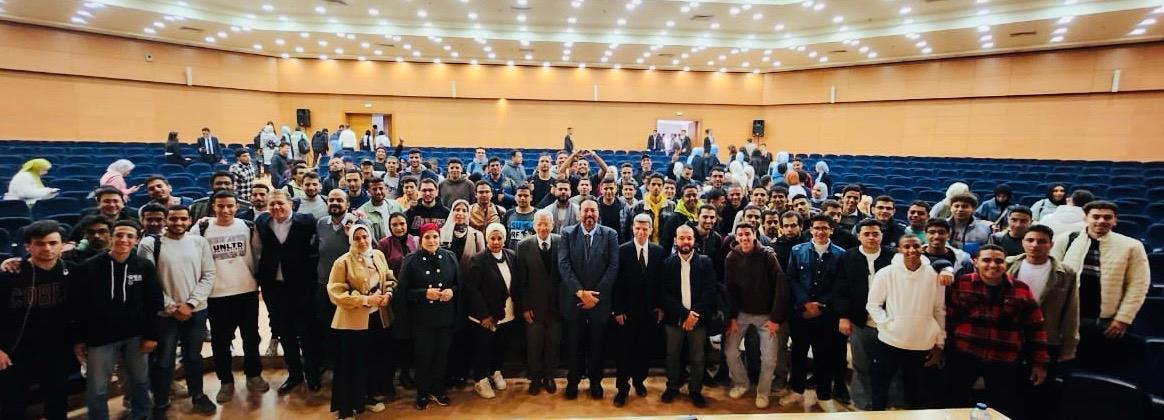$35.5bn in excess working capital is currently trapped on Middle East corporate balance sheets
- Middle East businesses have seen short-term debt steadily increasing since 2017 at an average annual rate of 6%, with the rate rising steeply by 10% between 2020 and 2021
- 25% average increase in revenues between 2020 and 2021
By : Amir Taha
The annual working capital study by PwC Middle East indicates that businesses in the region have experienced a strong post-pandemic rebound and revenues have risen above pre-pandemic levels. This resulted from the strong response taken by the governments in the region to overcome COVID-19, combined with the regional boost provided by the increase in oil prices, the positive impact of EXPO 2020 held in Dubai and the upcoming FIFA World Cup 2022 in Qatar.
The study outlines the underlying regional trends impacting the Middle East businesses to explain how companies can assess their working capital performance and related key indicators and start addressing their working capital efficiency.
This year’s review included 386 publicly listed companies in the Middle East and covers five years of key working capital trends (2017 to 2021), using data sourced from Capital IQ and analysed by PwC Middle East.
The Middle East businesses, like their global counterparts, have continued to experience disruption throughout 2021 and the first half of 2022 due to the global macroeconomic and geopolitical events. Inflation has been less severe in the region compared to other parts of the world, however the region remains globally connected and companies are having to pay higher prices for many imported materials, finished goods and services.
These higher costs are trickling through balance sheets, increasing the amount of working capital tied up in operations.
There have also been continued delays in receiving orders, resulting in products being out of stock and lost sales, or companies planning strategic buffer stocks to anticipate volatility, which also ties up working capital. Lastly, higher interest rates, which are likely to rise further in the short-term, are increasing the cost of the working capital financing.
Commenting on the new report, Mo Farzadi, Partner, Business Restructuring Services Leader at PwC Middle East said: “The focus for many businesses has shifted from 'stabilise and survive' to recovery and growth. However, headwinds such as inflation, interest rates and operational disruptions are heightening the pressure on working capital. There are still many ‘hidden treasures’ locked up on balance sheets of businesses which could be released to fuel growth and build resilience in the face of continuous global disruption.”
Adding: “Companies in most Middle East countries, apart from Oman and Bahrain, improved their working capital performance during 2021, however, this is compared to 2020 where working capital levels were still high after the COVID-19 pandemic. UAE companies delivered a significant year-on-year improvement in their average working capital performance in 2021, while companies in Qatar performed better year-on-year in 2021 across all working capital cycles. Companies in Saudi Arabia continue their transformation with working capital performance improving, however, the Kingdom remains the country with the longest cash conversion cycle (NWC days).”
Many Middle East companies are taking positive action to improve their performance, however, there is still far too much locked up on balance sheets which could be released to drive growth and build resilience in the face of continuous global disruption. Ultimately, PwC’s latest study recommends that companies should take certain actions to ensure they manage their working capital as productively as possible through: revisiting their working capital operating model, embedding a cash culture across the organisation, reviewing policies and procedures, leveraging data analytics and optimising their internal processes.
